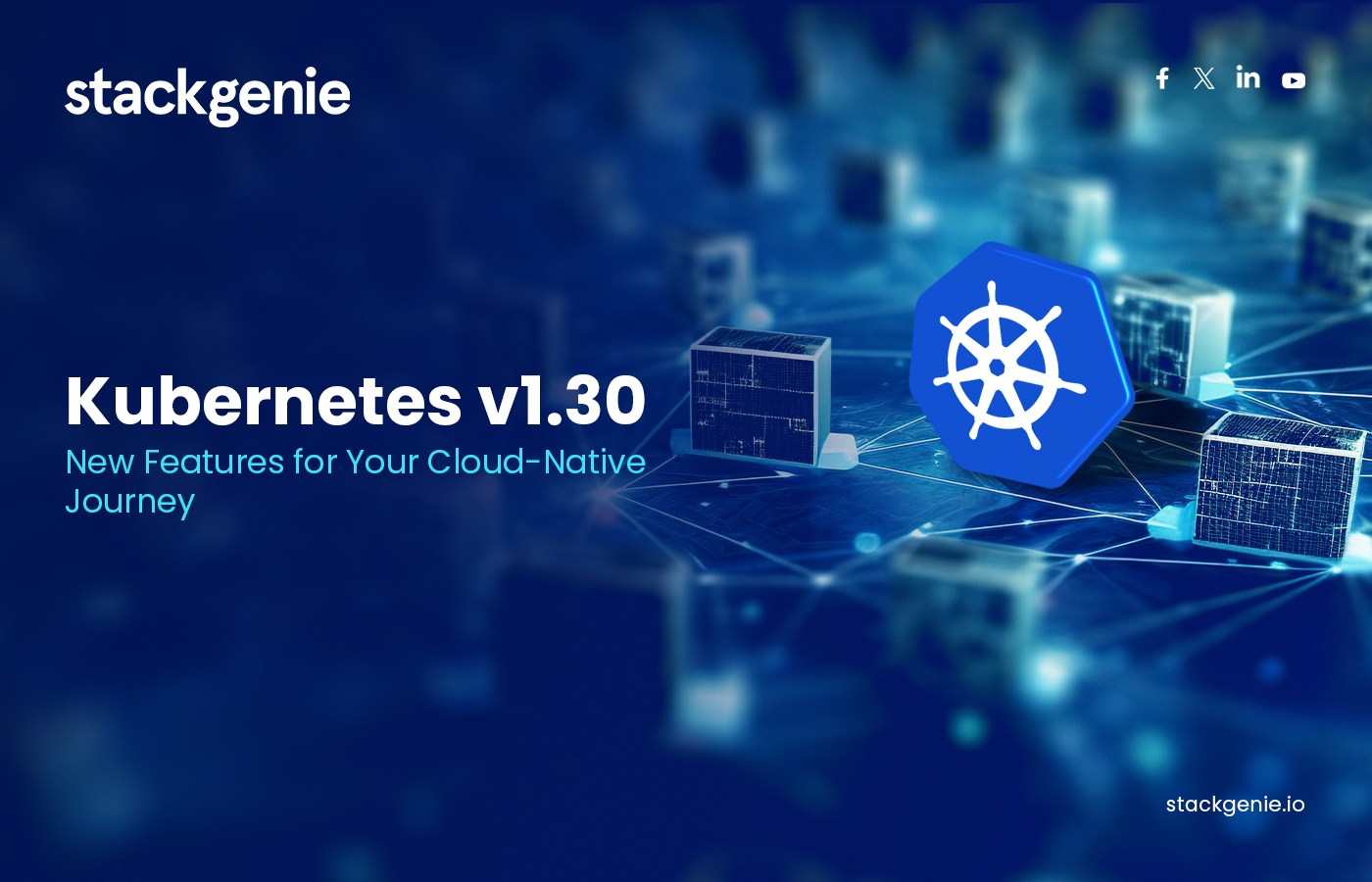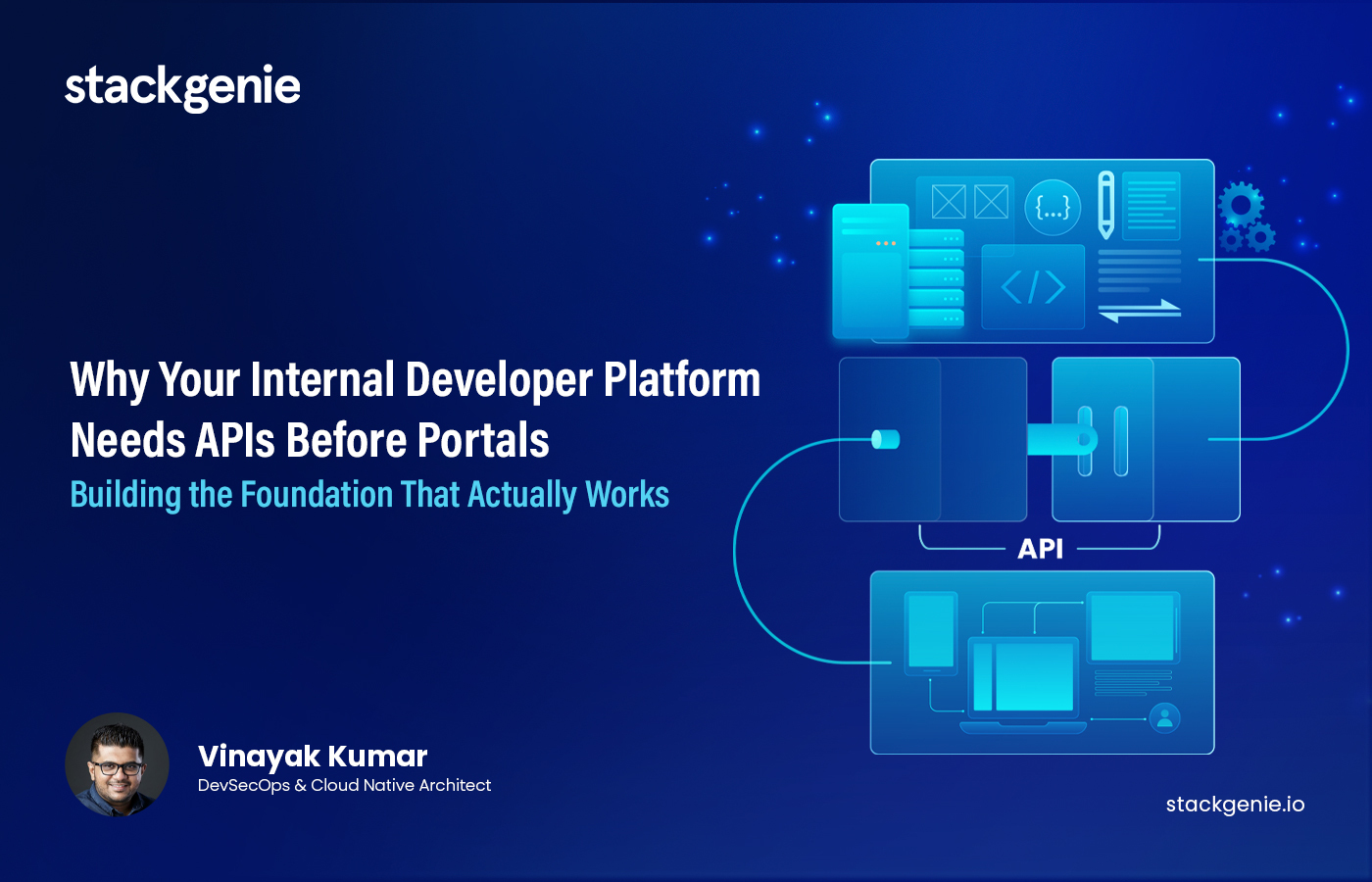Inside this article :
As the Kubernetes community eagerly awaits the release of version 1.30, this upcoming update promises to deliver a wealth of game-changing advancements. From innovative features to long-awaited improvements, Kubernetes v1.30 is poised to revolutionize how organizations leverage this ubiquitous container orchestration platform.
Structured Parameters for Dynamic Resource Allocation: Empowering Kubernetes Components
One of the standout enhancements in Kubernetes v1.30 is the introduction of Structured Parameters for Dynamic Resource Allocation. This extension to the existing dynamic resource allocation feature addresses a critical challenge – the opacity of resource parameters to core Kubernetes components like the Cluster Autoscaler.
By introducing a framework to support “structured models” for these resource parameters, Kubernetes enables components like the scheduler to make informed decisions about dynamic resource allocation without relying on third-party controllers. This breakthrough allows for faster, more efficient, and better-optimized resource management, ultimately enhancing your Kubernetes environment’s overall performance and scalability.
Revolutionizing Node Memory Swap Support
Another highly anticipated change in Kubernetes v1.30 is the node memory swap support update on Linux. Previous versions of Kubernetes had the NodeSwap feature disabled by default, with an “UnlimitedSwap” behavior that could potentially compromise node stability. In Kubernetes v1.30, the default behavior will now be “NoSwap,” where pods don’t use the swap space, providing better system stability.
However, the new “LimitedSwap” mode has been introduced, allowing pods to have some of their virtual memory paged out to the swap space, but only up to their memory limit. This innovative approach balances resource utilization and stability, giving users more flexibility in managing their node resources.
Strengthening Security with User Namespaces in Pods
Kubernetes v1.30 also brings beta support for user namespaces in pods, a Linux-only feature that helps better isolate pods and mitigate several high and critical CVEs, including CVE-2024-21626. With this enhancement, users can now run pods with and without volumes and customize the UID/GID ranges, further strengthening the security of their Kubernetes deployments.
Structured Authorization Configuration: Enhancing Governance and Control
The move of structured authorization configuration to beta is another significant change in Kubernetes v1.30. This feature enables the creation of authorization chains with multiple webhooks, allowing fine-grained control over request validation and the ability to specify explicit “Deny” rules on failures. Cluster administrators can now leverage this functionality to enforce complex, tailored security policies directly through the Kubernetes API, improving governance and control over their Kubernetes environments.
Unlocking Granular Pod Autoscaling
Finally, Kubernetes v1.30 will graduate container resource-based pod autoscaling to stable. This behavior for the HorizontalPodAutoscaler (HPA) enables automatic scaling based on the resource usage of individual containers rather than the aggregate resource use across an entire pod. This granular approach to autoscaling can lead to more efficient resource utilization and better-tuned scaling decisions, optimizing the performance and cost-effectiveness of your Kubernetes deployments.
As you navigate the exciting world of Kubernetes v1.30, consider leveraging the expertise of Stackgenie, a leading provider of cloud-native consulting and Kubernetes services. Our certified experts can help you unlock the full potential of these transformative enhancements, ensuring your Kubernetes deployments are optimized for performance, security, and cost-effectiveness. Contact us today to learn more about our Kubernetes consulting services and how we can empower your cloud-native journey.


